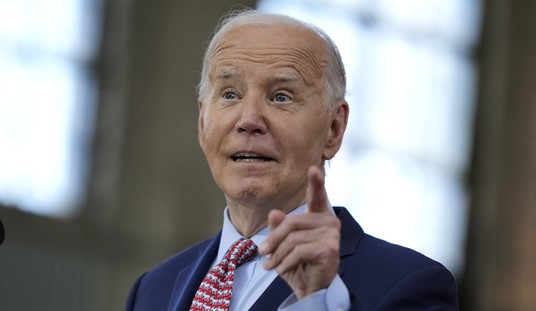When I worked at Morgan Stanley (formerly Dean Witter Reynolds Inc.), I was one of the Financial Advisors who was blessed with a comparably large percentage of IPO (initial public offerings of stock) shares to give away to clients.
Here’s how it worked:
The company allocated IPO shares on a percentage basis to the branch offices based on the percentage of syndicate deals the offices participated in.
A syndicate deal is a secondary stock offering. For example, if a company like Procter & Gamble needed money to fund a new plant in Brazil, they might raise the money by issuing more stock. We would offer the stock to clients without commissions, and usually at a slightly lower price than the closing share price that day. The companies involved were quite often utility companies.
The syndicate deals always took place after the close of the market. The deals took place quickly, sometimes without warning. There was no time to chat with the clients. I called them and told them that I could give them shares in XYZ company without them paying a commission, and they had to decide at that moment.
It sounds aggressive and arm-twisting, but it really wasn’t. As a Financial Advisor, I had maybe fifty clients I could call upon who might say “yes” to such an offer, who were familiar with the process, and who were grateful for the opportunity. There was no glamour in it. The clients were usually mature investors looking for dividend yield through utility stocks.
If my branch office did 1.43% of the company’s syndicate deals, then my branch office was allocated 1.43% of the company’s retail IPO offerings. (By “retail”, I mean that a certain amount of the IPO offerings were, of course, allocated to institutional clients as well.) If I personally did 28% of my branch office’s syndicate business, then I received 28% of my branch office’s IPO allocations. The numbers were updated constantly. We had about 50 Financial Advisors in my branch office, the vast majority of whom never participated in IPOs.
Recommended
If you had a Financial Advisor who told you that they couldn’t get you shares of an IPO, and they gave you various excuses, the real answer was this: either they didn’t receive ANY shares from the Branch Manager because they didn’t generally participate in syndicate deals; or they received some shares of an IPO, but they gave those shares to other customers. It would have been unusual for me to receive enough shares of a “hot” IPO to distribute to more than 3-5 clients, and I did a lot of syndicate business.
In the “old days”, we could give the shares to whomever we wanted, except relatives. But by the late 1990's, the company laid down some pretty strict net worth requirements on the clients who received the stock. They didn’t have to be millionaires, by any means, but they needed a more substantial net worth than your brother who’s living in Mom’s basement.
Here’s the general progression of the IPO process, using Twitter as a hypothetical example:
The investment bank (Goldman Sachs) gets together with the company issuing the stock (Twitter) and comes up with a fair price for the stock. This price represents a relatively full value of the company, in the eyes of both parties.
Shares are then distributed to the institutional and retail brokers, to be offered to clients at a specific or approximate price.
The brokers then offer the shares to their clients, after the close of the market.
The stock begins trading the next morning, often at a wildly inflated share price.
Virtually all the clients who bought shares the previous afternoon sell their shares that morning.
We smile over the phone at each other. There are lots of “thank yous!” and “you’re welcomes!”, and then we get on with our days. The IPO becomes a memory. We basically never think about it again.
I NEVER knew a client who bought IPO shares on the open market once it began trading. It was understood that would have been insanely foolish, because the share price was so inflated. Not only would it have been “gambling” rather than “investing”, but it was an obviously foolish gamble, because such a purchase would have taken place after the stock price had already run up.
Forget about the Twitter IPO. If you want to gamble, go to Vegas. If you want to make money in stocks while minimizing risk, start here.
Happy investing!

























Join the conversation as a VIP Member